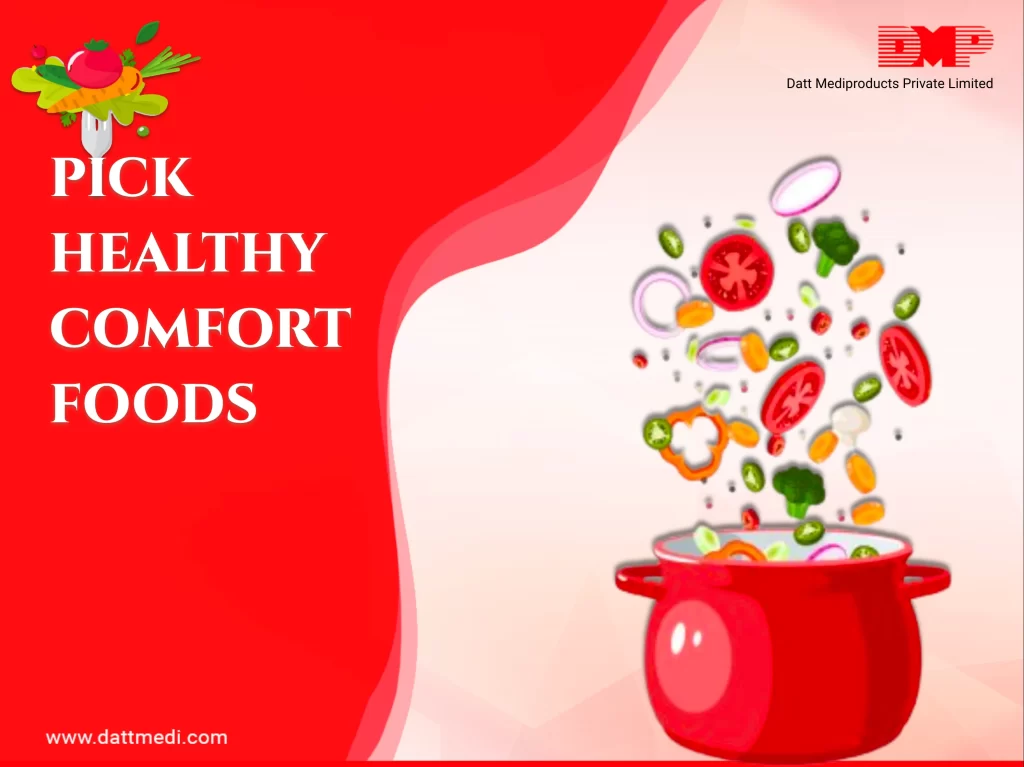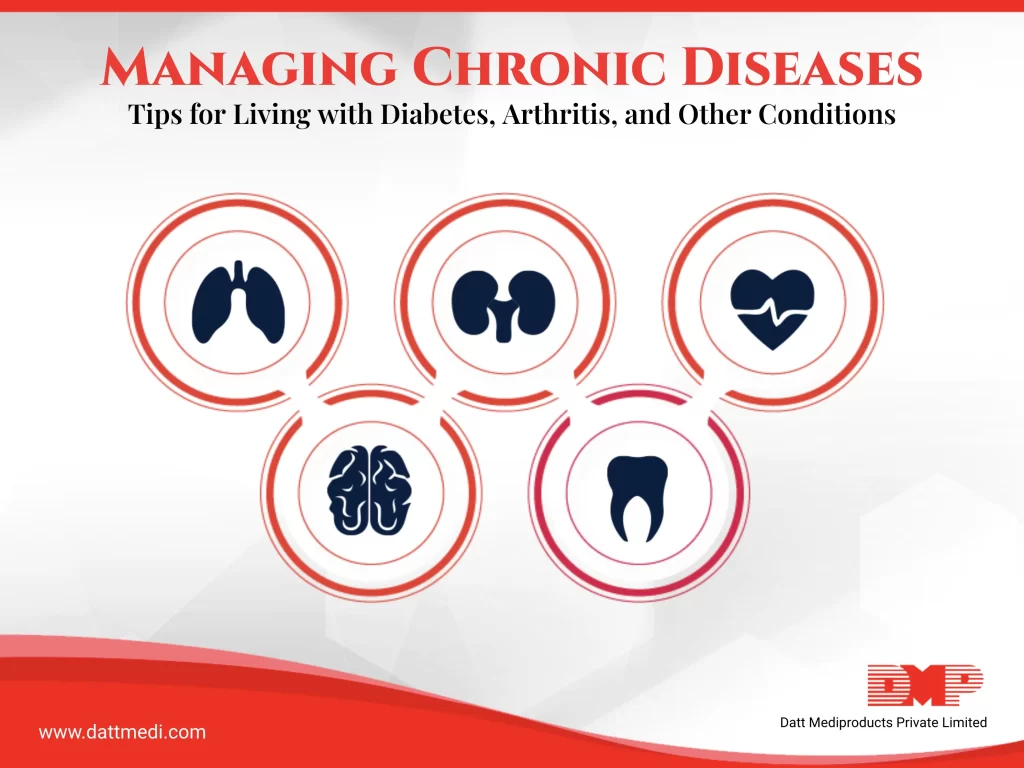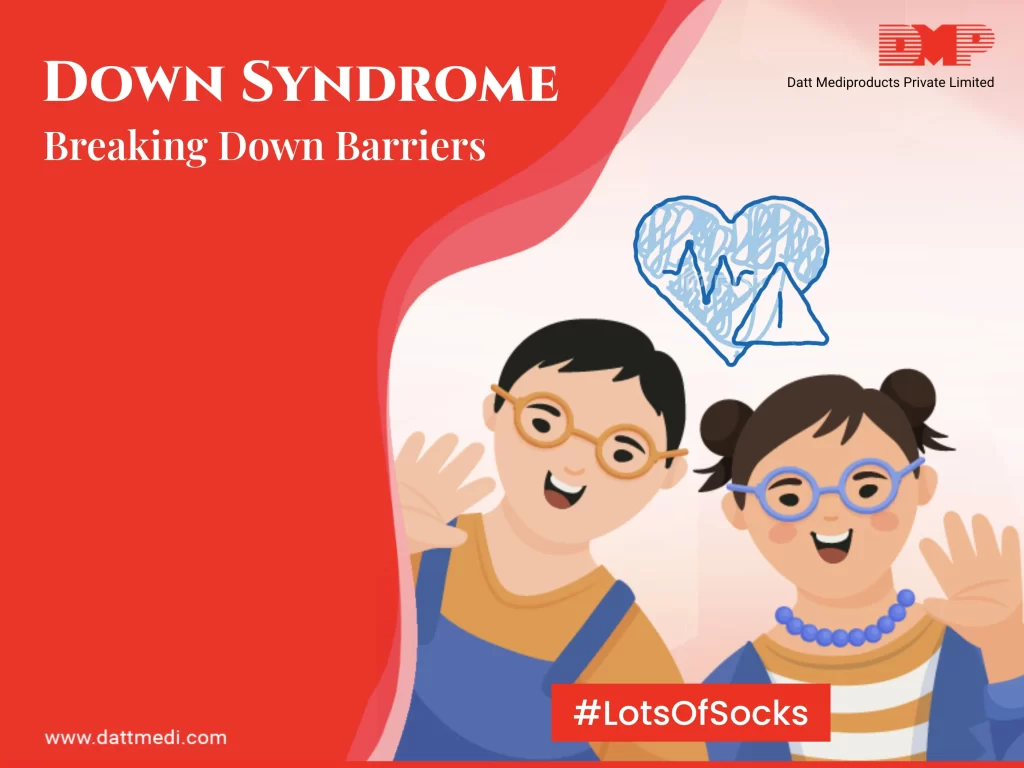
Eating your favourite meal should be a part of your healthy diet plan. If you like certain foods, then you should not deprive yourself of it.
Giving it up is not sustainable for long term goals, instead find ways to make it healthier.
We bring you certain ways which you can try to adapt your favourite meals instead of giving them up.
– Eat lots of fruit and veg:
Fill half of your plate with a variety of fruits and veggies. Adding a variety of colours to your plate make it healthier by adding more nutrients to it. When you have a sugar craving, fruits can be a good substitute for high-fat, high sugar foods. It will satiate you and stop the craving.
– High fibre starchy carbohydrates:
Avoid white refined carbs and switch to high fibre or whole grain varieties such as cauliflower rice, brown rice, quinoa, oatmeal. These should account for one-third of your food plate as these contain more fibre than the white refined counterparts and can keep satiety levels for a long.
– Eat lean protein.
Limit red meat consumption, and avoid processed meats such as bacon and sausage. Lean meats/ proteins such as beans, nuts, low fat cottage cheese, fish and chicken can be the healthier options as they contain relatively low fat and cholesterol content. Just make sure to keep portions in control.
– Low fat options & cooking:
Restrict processed food to control hidden fats intake. Alternatively, choose healthier options such as, fish, soy, seeds, nuts and reduced-fat dairy products, avocado as they come with a benefit of long chain fatty acids and good nutrients. Choose a different oil to cook with. Olive oil is rice in vitamin E and has anti inflammatory and antioxidant properties. Another option is to cook with cooking sprays to avoids overuse to oil. You can even cook in liquids such as wine, stock, etc. over unhealthy oils.
– Cut down on salt intake:
Research data depicts that high salt intake is associated with a range of health issues such as high blood pressure. Thereby, choose fresh vegetables over canned & pickled ones. Salty processed meat like salami, ham, corned beef, bacon, smoked salmon, and chicken loaf should also be consumed in controlled portions. Iodized salt, pink salt is a healthier option that you can switch to.
– Save the nutrients:
Opt for some healthy alternatives to retain nutrients and prevent them from being destroyed during cooking & food preparation. For instance, use non-stick cookware to reduce oil consumption; or steam the vegetables over boiling to preserve nutrients from being lost.
– Herby Flavour:
Culinary herbs can be used to add flavour and colour in addition to providing health-protective phyto-oestrogens. Spices and herbs such as clove, turmeric, coriander, ginger, garlic, chilli, lemongrass, rosemary, sage, oregano, and cinnamon are an excellent source of antioxidants and are anti-inflammatory .
– Watch Your Sugar Consumption:
High sugar intake is directly proportional to an increased risk of obesity and tooth decay. It is advisable to cut down your free sugar intake such as packaged foods or drinks, fizzy drinks, cake, pastries, puddings, cookies, alcoholic drinks etc.
Additionally, the use of sandwich spreads such as cream cheese & butter high in saturated fats can be replaced with nut spreads, humus, avocado, low fat cheese or mayonnaise.
Overeating and long term deprivation such as crash dieting should be avoided. Instead, eat slowly and savour every mouthful to avoid overeating. Keeping yourself away from something which you like doesn’t work out in the long term and you should avoid drastic options.
It is thereby recommended to opt for these healthier options instead or “Portion Out Your Plate”.
Follow us @dattmediproducts or visit our website www.dattmedi.com to receive more such healthy updates.




